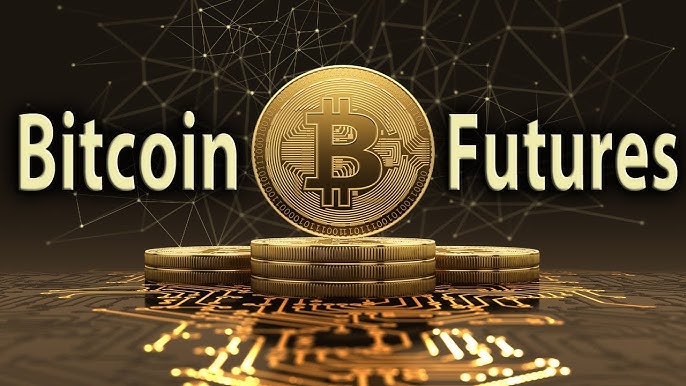Bitcoin Core v30 OP_RETURN Update Fuels Network Debate
Background: What Is the OP_RETURN Controversy?
The upcoming Bitcoin Core v30 update, set for release in October 2025, is reigniting a longstanding debate over how the Bitcoin network handles non-payment data. Central to the controversy is the proposed expansion of the OP_RETURN feature, which would allow transactions to include significantly larger amounts of arbitrary data, such as files, messages, or cryptographic proofs.
OP_RETURN has enabled extra data to be attached to transactions since its introduction, but with strict limits to prevent network overload. The v30 update proposes increasing these limits, potentially altering the scope of information Bitcoin nodes relay and accept. Proponents argue this change offers a safer and more efficient avenue for users to embed additional data directly on-chain.
Ongoing Debate: Supporters and Detractors Voice Concerns
Advocates of the OP_RETURN expansion contend that, because attached data is marked as unspendable, the update will not congest the network or impact spendable coins. They claim it will clarify and standardize how non-payment information is stored, building on a practice discussed within the community since at least 2010 (Decrypt via BitMEX Research).
However, critics warn of risks ranging from increased network spam to the possible introduction of unlawful material. Some, like Luke Dashjr—lead maintainer of alternative Bitcoin client Bitcoin Knots—urge for stricter relay rules. Dashjr describes non-financial data as “spam” and argues for more filters to prevent the misuse of block space. Meanwhile, Blockstream CEO Adam Back has cautioned against selective filtering or moderation, saying such actions could raise the threat of censorship and imperil Bitcoin’s resilience.
Legal experts, such as Andrew M. Bailey, have noted the complexity of potential liabilities surrounding the storage of objectionable data, pointing out that issues are often “underdetermined by extant case or statutory law” (Decrypt). Section 230 protections and their applicability to node operators remain an open question.
Technical Impact and Community Response
The immediate on-chain effects of the Bitcoin Core v30 OP_RETURN update may be limited, according to analysts. Professor Bailey notes that node relay policies “will have next to no effect on which transactions are included in blocks, and which arbitrary data is smuggled within them.”
Despite this, segments of the Bitcoin community remain deeply divided. Some developers accuse Dashjr and others of leveraging concerns over illicit content as a means to advance censorship, while advocates of open data inclusion argue that once information is stored on the blockchain, it cannot be removed, only selectively relayed or filtered in future blocks.
“Miners can choose what transactions to include in new blocks they mine, but they cannot remove data that already exists on Bitcoin,” said Erin Redwing, CEO of Ordinals-based events firm Inscribing Atlantis (Decrypt).
Technologists like Lorenzo, core contributor at Fractal and founder of UniSat Wallet, affirm the importance of maintaining Bitcoin’s immutability. “We see blockchains as reliable carriers of trust, built on cryptographic algorithms,” he said.
For ongoing updates and analysis on blockchain technology, visit the Vizi cryptocurrency section.
What’s Next for Bitcoin Core v30?
As the October 2025 rollout of Bitcoin Core v30 approaches, stakeholders across the network continue to weigh the implications of raising the OP_RETURN limit. The debate underscores persistent tensions in the Bitcoin ecosystem over security, usability, legal liability, and the protocol’s evolving role as both a payment network and a data ledger.
Developers, miners, and legal analysts anticipate that the application of new policy defaults will determine how the update interacts with existing and future network activity. For the moment, the central question remains unresolved: how should Bitcoin balance its founding goals with technical and regulatory pressures?
Sources: Decrypt



















